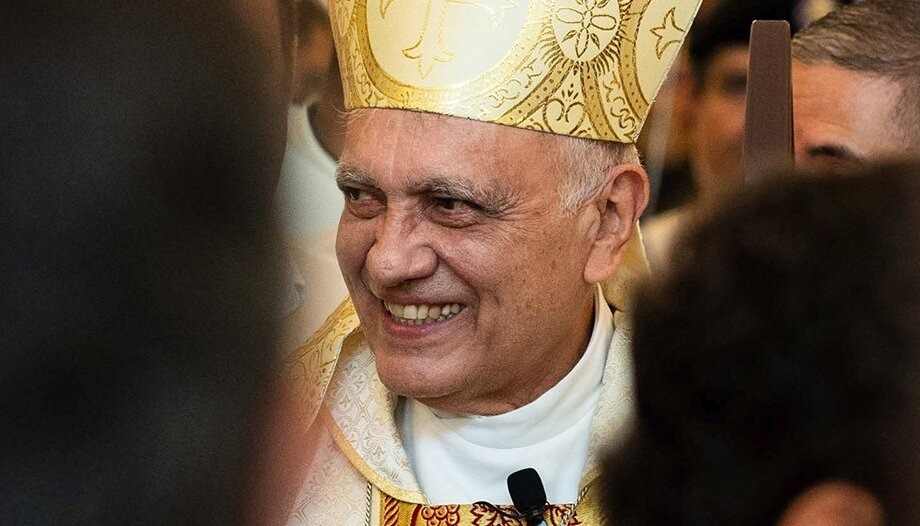Baltazar Porras, now 78 years old, was created a cardinal by Pope Francis in the consistory of November 2016.
In the Roman Curia he is a member of the Pontifical Commission for Latin America, and of the dicasteries for the Clergy; for the Laity, Family and Life, for Culture and Education, as reported by the Venezuelan Episcopal Conference (CEV).
On the other hand, in the Archdiocese of Merida, Cardinal Baltazar Porras is immediately succeeded by Archbishop Helizando Teran, OSA, who had been appointed coadjutor archbishop, with the right of succession, on March 19 of last year.
In Venezuela and on his trips to other countries, such as the one he made to the United States in May of last year to present a relic of the Blessed José Gregorio Hernándezknown as "the doctor of the poor".
Cardinal Baltazar Porras has advocated a negotiated solution for the country, so that Venezuela can return to a democratic path, despite many unsuccessful attempts over the years.
Critical of the Maduro regime
At the same time, the cardinal has been critical of the regime of President Nicolás Maduro. For example, in the aforementioned trip, he pointed out that "there has always been a lack of real willingness on the part of the regime not only to talk, but to enter into an understanding and this means that in a good part of the population, to speak of dialogue in Venezuela is almost a bad word".
According to statements by Cardinal Baltazar Porras, the Maduro government currently feels "calm and secure" because the pandemic has allowed it to avoid protests.
This does not mean that Venezuelans are happy, but rather that there is "repression" and "militarism", as reported by Efe news agency.
In spite of some improvements, Cardinal Porras denounced "a situation of poverty growing", which explains, among other things, "the number of people who continue to leave the country".
The difficult role of the bishops of Venezuela
The bishops of Venezuela, in a pastoral exhortation published after concluding the Plenary Assembly a few days ago, have pointed out, among other things, that "our country continues to live a deep political, social and economic crisis. A scenario that calls into question the management model that for more than twenty years has guided the destinies of the nation".
In this context, the first vice president of the United Socialist Party of Venezuela (PSUV), Diosdado Cabello, has just criticized that Bishop Victor Hugo Basabe took advantage of the homily of the procession of the Divine Shepherdess, last Saturday, to make, in his opinion, "politicking" against the government of President Nicolás Maduro.
During the plenary session, January 7-12, the bishops elected as president Jesús González de Zárate, Archbishop of Cumaná; and as first vice-president, Monsignor Mario del Valle Moronta Rodríguez, Bishop of San Cristóbal, was ratified.
Monsignor Ulises Gutiérrez, archbishop of Ciudad Bolivar, was also elected as second vice-president and the bishop of La Guaira, Monsignor Raúl Biord, as secretary general of the CEV.











